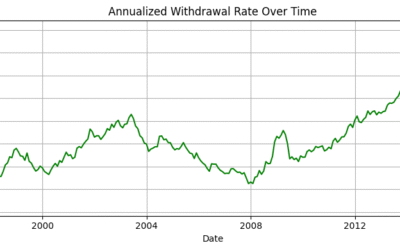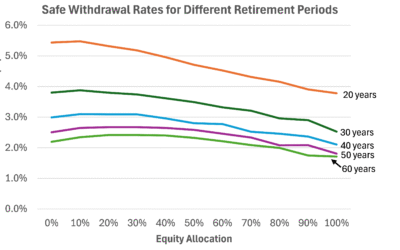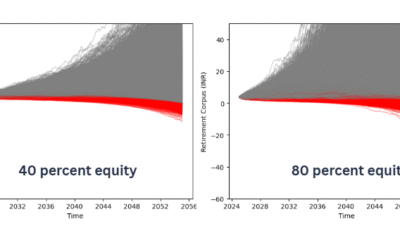The right regulatory changes would enable this, giving a boost to the domestic fund management industry
Foreign investment flowing into India is primarily pooled and managed in offshore jurisdictions. This is because our regulatory framework discourages asset managers based out of India from managing offshore pools of capital. As a result, several offshore funds which target investing in India have fund managers of Indian origin who have relocated to offshore locations. It is high time we enable offshore fund activity to shift to India, giving a boost to the domestic fund management industry.
Of the $43 billion of foreign direct investment (FDI) inflows which India received in FY17, $24 billion was invested via Mauritius and Singapore. Both these jurisdictions have emerged as the preferred destination for fund managers to set up their operations. Compared to this, the domestic pool of capital managed by India-based asset managers under the Securities and Exchange Board of India’s (Sebi) alternative investment fund (AIF) guidelines is only $7 billion. A significant chunk of the offshore capital flowing into India can be managed by fund managers based out of India if regulatory changes are carried out. Unless that happens, fund managers in India who want to attract foreign capital will keep shifting offshore, leading to loss of employment and tax revenue for India.
There are two ways in which regulations can enable fund managers based in India to manage offshore pools of capital—allow them to manage offshore funds from India without taxing the offshore fund as an Indian entity, and permit foreign investors to directly invest in funds set up in India. For both these cases, regulatory changes need to be carried out.
The most important regulatory change required is to ensure that an offshore fund will not be taxed as an Indian entity just because it is being managed by a fund manager located in India. A beginning was made in Finance Bill 2015. Under the newly introduced Section 9A of the Income-tax Act, 1961 (ITA), it was clarified that the income of an “eligible” offshore fund would not be taxed in India merely because the fund is being managed by a fund manager located in India.
The objective of Section 9A was to allay fears that the presence of a fund manager in India would lead to the offshore fund being taxed in India at domestic tax rates, rather than lower rates specified under various double taxation avoidance agreements (DTAAs). Unfortunately, the conditions specified under the Section are so strenuous that for all practical purposes, they remain unachievable.
For instance, one of the conditions specifies that an investor’s share in the fund, directly or indirectly, should not exceed 10%. This is a very restrictive condition when it is common for funds to have a sponsor or anchor investor whose share in the fund generally exceeds 25%. Also, most funds are targeted at a specific group of investors, which does not exceed 10. Further, fund managers may consciously want to cater to a small set of investors who can make large investments.
Regulators should relax this condition by looking beyond the investor and also including the investor’s beneficiaries. This is because an investor in a fund could be a pool of several other investors. Thus “look through” provisions will enable several offshore funds to be classified as eligible funds under Section 9A. Also, given that Sebi-registered foreign portfolio investors (FPIs) already meet broad-based requirements of being diversified in terms of investor participation, they should automatically be regarded as an eligible investment fund.
Another debilitating condition specified under Section 9A is that offshore funds should not control or manage any business in India. Offshore private equity funds, during the course of the fund tenure, may be required to acquire a controlling stake in the investee companies to protect their initial investment. Further, even in cases where the fund has only a minority stake, exercising any minority interest protection rights could be classified under existing law as resulting in control over the investee company in India.
Furthermore, the benefits of Section 9A are available only to PMS (portfolio management services) asset managers and investment advisers registered with Sebi. Investment managers of AIFs and mutual funds are not covered under the list of eligible investment managers that can make use of Section 9A. This limits the number of fund managers who can make use of the regulatory relaxation.
Given these difficulties, the alternative is to have foreign investors directly invest in funds registered in India. Changes in regulations to permit this have been more encouraging. In November 2015, the Reserve Bank of India permitted automatic approval for foreign investors to invest in AIFs, real estate infrastructure trusts and infrastructure investment trusts. Previously, investment in these vehicles required specific approvals from the foreign investment promotion board. Further, in the Finance Bill 2016, it was clarified that foreign investors investing in India-based funds would be taxed at rates mentioned under the various DTAAs.
However, given that not all foreign investors are comfortable directly investing in India, there is still a need to enable fund managers in India to manage offshore funds. Regulatory changes to permit this can midwife a truly multinational asset management industry in India.
(This article was published in LiveMint on June 27, 2017 and can be accessed from the link https://www.livemint.com/Opinion/S9uSlO4eeEzceoIX2uyuJK/Onshoring-offshore-funds-to-India.html)







0 Comments